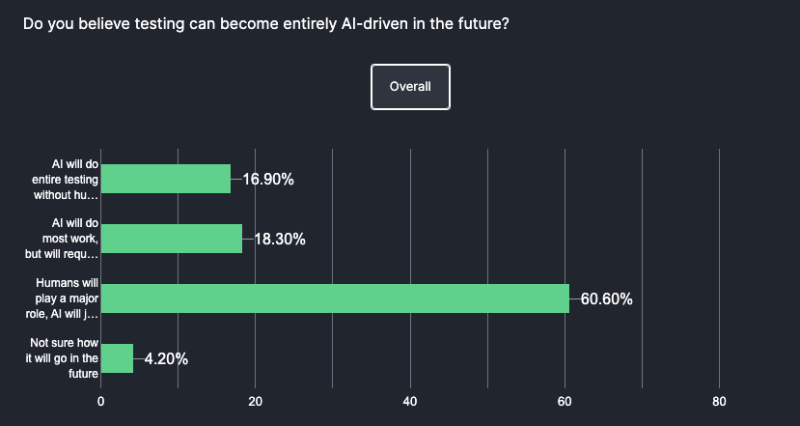Before learning about Container Orchestration lets learn about Containers.
Containers
Containers are application centric method to deliver high performing and scalable application on any infrastructure of our choice. It is best suited to deliver microservices by providing portable, isolated virtual environments.
Containers encapsulate microservices and their dependencies but do not run them directly. Containers run container images.
Container Image bundles the application along with its runtime, libraries and dependencies, and it represents the source of a container deployed to offer an isolated executable environment to run the application.
Containers can be deployed from a specific image on many platforms such as virtual machines, public cloud.
Now lets dive into Container Orchestration.
Container Orchestration
In development environments, using the container on a single host for application development and testing can be practical, but when moving to QA and Prod environments requires several critical criteria.
Efficient resource utilization
On-demand scalability
Fault tolerance
Ability to perform updated and rollbacks without downtime
Auto discovery for seamless inter-service communication
Self-healing
Container Orchestration is the process of combining multiple systems into clusters, automating the deployment and management of containers at scale and the ability to monitor the container health and automatically replaces or restarts the failed containers while fulfilling the above-mentioned requirements.
These clusters leverage the benefits of distributed systems, including enhanced performance, cost-effectiveness, reliability, balanced workload distribution and lower latency.
Container Orchestrators are the tools that facilitates container orchestration and provides necessary functionalities to perform the above mentioned requirements.
Popular Container Orchestrators are:
Kubernetes is an open source orchestration tool, originally developed by Google, later donated to the Cloud Native Computing Foundation (CNCF).
Docker Swarm is a container orchestrator provided by Docker and is part of docker engine.
Amazon ECS is a fully managed container orchestration service by AWS.
Azure Container Instances (ACI) is a basic container orchestration tool provided by Microsoft Azure.
Nomad is a container and workload orchestrator provided by HashiCorp.
As container orchestration continues to evolve, embracing its capabilities not only enhances operational efficiency but also drives innovation in modern IT infrastructures.










